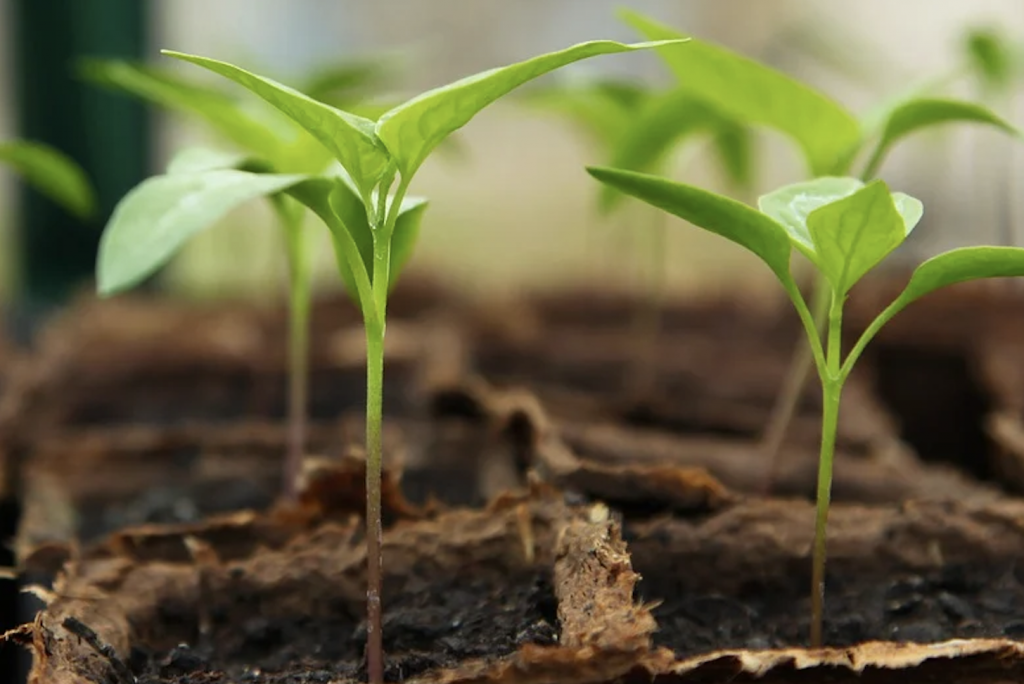Why You Should Consider Growing Your Own Food
Gardening can be an enjoyable and therapeutic activity that not only improves our well-being by reducing stress and anxiety but also strengthens our bond with others and nature.
This article is more than 2 years old

Gardening has become an increasingly popular pastime for individuals looking to improve their physical and mental health, as well as their connection to the environment. A recent study conducted by the University of Colorado Boulder found some encouraging results. These include health benefits of why you should consider growing your own food.
The University of Colorado Boulder conducted the first-ever randomized, controlled trial of community gardening, which found that gardening can significantly reduce anxiety, increase physical activity, and improve nutrition. The study followed nearly 300 non-gardening adults, half of whom were assigned to participate in a community gardening group. The other half became the control group and were asked to wait one year to start gardening.
According to Foodandwine’s summary, those who started growing their own food consumed 1.4 grams more fiber a day, had increased their physical activity by 42 minutes a week on average, and had significantly decreased anxiety and stress. All these benefits started from their diet, meaning could the more processed food we eat be having a negative impact on our overall health? The clean, fresh, and patiently self grown foods have tremendous benefits.
In addition to providing fresh produce, gardening can have a wide range of long-term benefits for individuals who regularly engage in this activity. Harvard Health touts that the increased physical activity from growing your own food can further improve physical health by reducing the risk of chronic diseases such as heart disease and diabetes, and even helping to improve bone density. Growing your own food is overall a major win for health all while being a cost-effective way to reduce your environmental impact.
One of the most significant benefits of gardening is its positive impact on mental health. Engaging in gardening activities can help individuals reduce stress and anxiety levels, improve their mood, and increase feelings of relaxation and wellbeing. Gardening can also provide a sense of purpose and accomplishment, which can be particularly valuable for individuals dealing with depression or other mental health conditions.
While there are many benefits to growing your own food, there is also one potential drawback to consider. Gardening can be time-consuming. Having to water, measure sunlight intake, and observe the weather can be discouraging for those with a busy schedule.
Additionally, being a part of a community gardening project can help individuals develop a greater sense of connection to their community and the natural environment, which can foster feelings of social support and belonging. This can be particularly valuable for older adults or those dealing with chronic health conditions. This can also be particularly helpful for people who are looking to create healthy habits to help with that sense of connection.
Gardening can be an enjoyable and therapeutic activity that not only improves our well-being but also strengthens our bond with others and nature. So are you ready to cultivate your green thumb and experience the many benefits of growing your own food? Don’t be afraid to get your hands dirty, it’s all part of the growing process!





